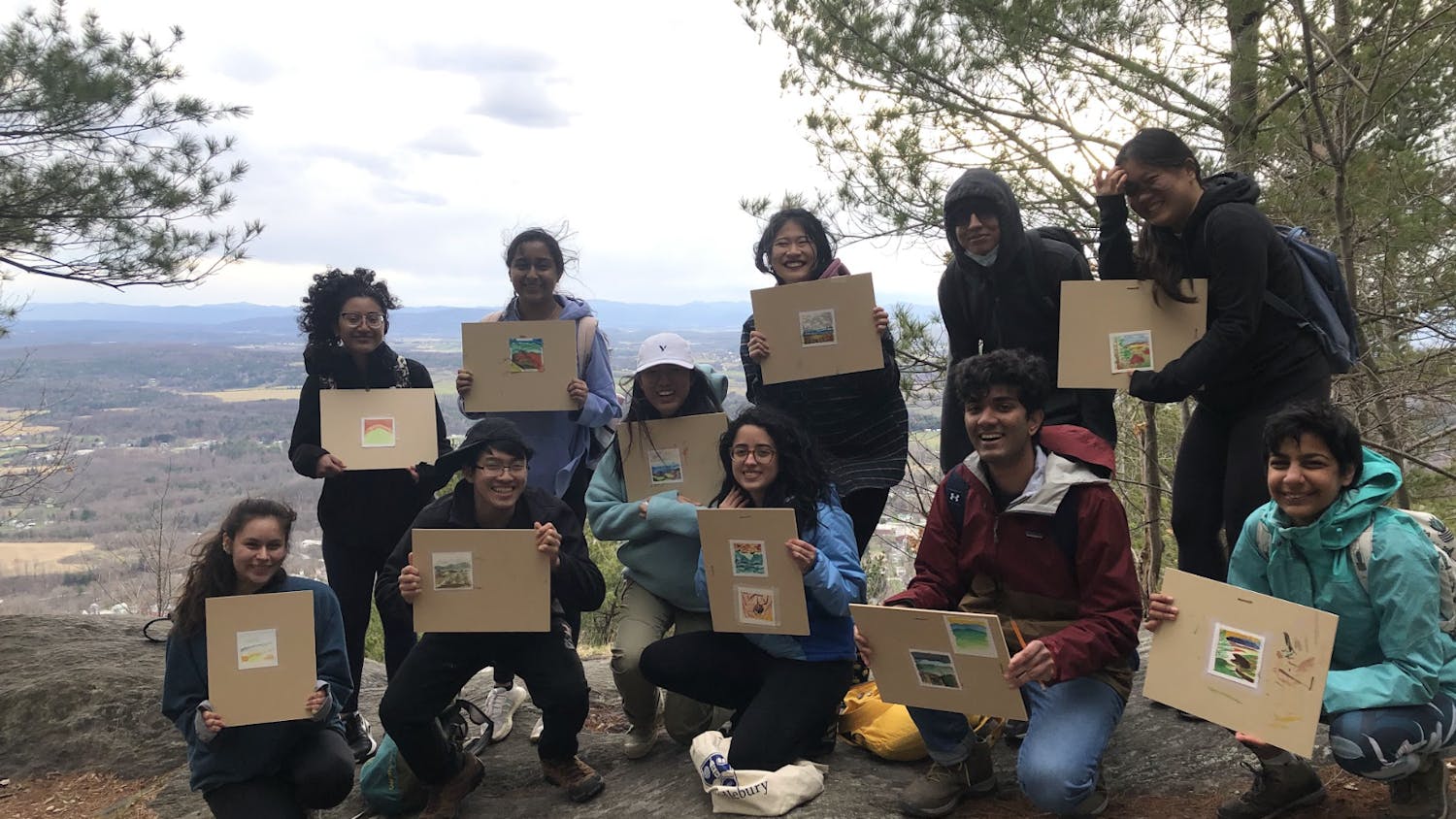Angela Kubicke, a ninth-grade student at St. Johnsbury Academy, recently proposed that Vermont add a Latin motto to its current English motto and she may soon see her wish come true.
Kubicke proposed to include the phrase “Stella quarta decima fulgeat,” which means “The 14th star shines bright,” since Vermont was the fourteenth state to join the union. This would be used in addition to the current state motto, “Freedom and Unity.”
Part of this Latin motto was originally written on one-cent coins minted by colonial Vermont and used as the common currency throughout New England in that era. Kubicke added the verb “fulgeat” to the end, meaning, “may it shine bright.”
On behalf of Kubicke’s proposal, State Senator Joe Benning (R-Caledonia/Orange) filed a bill in the state legislature. Although it was too late for him to introduce a new bill for that session, he was able to reintroduce the idea to the general public this January through WCAX, a Burlington television station.
However, the debate and comments sparked by the WCAX broadcast, which was posted on the station’s website, ranged from the expected to the absurd.
Supporters of the addition of a Latin motto lauded Kubicke for her engagement in the political system, arguing that this effort should be rewarded by taking her proposal seriously and bringing it to the legislature.
Those opposed to Kubicke’s idea advised Benning to forget this proposal and focus time and taxpayer dollars on lowering taxes and allotting funds to education and healthcare in the state. Still others proposed the addition of mottos in French or Abenaki, two cultures that share a part of Vermont’s history.
Among the string of online comments, someone drew the connection between a Latin motto and Latin American or Latino people, especially those who have immigrated to the United States. These comments confusing the ancient Roman language of Latin with the language of people from South and Central America prompted an even greater spark of commentary regarding the ignorance and misinformation promoted by the former commenters.
At this point, the focus of the comments turned to a debate about immigration. However, the lack of knowledge on the part of the trolling commenters did not deter Kubicke, Benning or their supporters. Despite the various reactions, last week, Kubicke, along with Latin teachers and students from across the state, testified in front of the Senate Operations Committee. Next, the bill went to the Senate, which passed it on Friday. The bill will now go on to the House, which will assign it to a committee to make amendments. Lastly, the Senate will vote on the bill, and then Governor Peter Shumlin will sign it into law.
The idea for adding a state motto in Latin has been in the works for at least a year now. When asked about where the idea came from in an interview with the campus, Kubicke responded, “My school started a Certamen team … and my topic to study was mottos, quotations, and abbreviations.”
According to the National Junior Classical League’s (NJCL) website, “Certamen is a game of fast recall of facts about classical civilizations and its peoples, languages, and cultures.” Competitions for this type of quiz bowl game are held locally across the country, as well as nationally at the NJCL Convention. In the process of memorizing state mottos in Latin, Kubicke discovered that Vermont did not have one.
“A lot of people take the mottos, quotations, and abbreviations quiz down at national forums every year,” Kubicke said, “and Vermont was being left out of the kids who were studying that, and I felt like we should be part of that.” Since Vermont does not have a Latin motto, students were not studying it in preparation for this part of the Certamen competition.
Kubicke was motivated to propose the addition of a Latin motto through her participation in NJCL and her passion for Latin language and classical culture.
“My National Junior Classical League chapter was really small, and I wanted us to come in with a bang,” said Kubicke. “I really like Latin as a subject, as well as just that club is so much fun.”
Although Kubicke has been pursuing this bill on top of school and normal life, she is happy with her decision to do so.
“I really enjoy the subject and I think it’s something very important … It’s been really fun to keep the classical torch burning,” Kubicke said. “I was really interested in it [politics] prior to introducing the bill.”
Kubicke further commented on how this experience has impacted her thoughts on the future.
“I’m really enjoying the process, so maybe,” responded Kubicke, when asked about whether she wanted to pursue a career in politics. Not only has the process been enjoyable, but it has been a learning experience.
When reflecting on what she learned during this process, Kubicke emphasizes the importance of taking action.
“If you think something needs to be changed or you want something to happen you have to speak up, because, let’s be honest, if I hadn’t spoken up and done this, probably nothing would have happened,” Kubicke said. “You’ve got to be proactive and take initiative.”
“Dead Language” Lives On in Vermont: High Schooler Proposes Latin State Motto

Comments



